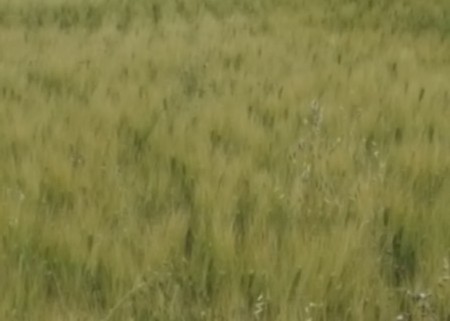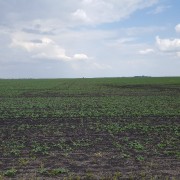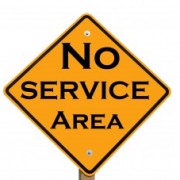Critical State – Inaction
Inaction, or procrastination as it is sometimes called, is the antithesis of entrepreneurial success.
It is true that there are many other factors that can contribute to a lack of success for entrepreneurs, but in farming, the effect of inaction can have immediate and catastrophic consequences. When we opened this dialogue on Critical State, a list of excuses for inaction were provided: not monitoring bins; too cold to haul grain; can’t scout the crop for bugs/disease, we’re at the lake. We all know of these circumstances, and others, as exhibited by our neighbors, shared during a presentation at an industry event, or as we may have learned the hard way ourselves.
If it was someone else’s inaction, we can easily see the effect, quantify the financial ramifications, and then wonder “how could they let that happen?”
If it is our own inaction, we downplay the effect and the financial ramifications, and then bemoan our “bad luck.”
This is not meant as a condemnation. It’s just human nature.
In my work with my clients, I encourage (almost to the point of insistence) that management processes and standardized workflow be developed and implemented. Consider for a moment virtually any business you deal with ever. Here are some examples:
- Your crop inputs supplier has consistent procedures surrounding safety, receiving & storing inventory, and invoicing.
- Your grocery store works within minimum and maximum inventory levels on a week by week basis.
- Your accountant follows a standardized workflow for receiving, sorting, & compiling your information, and for preparing your financial reports.
- Your favorite restaurant has a protocol for greeting patrons, seating them, & ensuring they are eating in a reasonable time, not to mention criteria for food quality, safety, and handling.
Following a set plan of action almost completely eliminates the risk of inaction. Grain will never heat in a bin if you check it on a set schedule with a short frequency. Crop pests and disease will not bring catastrophic damage to your crops is you scout regularly with a short frequency. And yes, hauling grain in very cold weather is not fun and it does bring about other unpleasant challenges. However, if you, or someone you know, has been unable to move grain on time due to no space at the elevator, no trains, etc, then you know how that can affect cash flow, which leads to late bill payments, or poor revolving of the line of credit, etc. If that LOC has an interest rate penaly for late payment, your profit could disappear to cover that interest penalty. Still think it’s too cold to haul grain?
Direct Questions
Every decision has consequences, be it positive or negative. How do you accurately weigh the consequences when making operational decisions?
Describe how the pleasure of inaction now is more positive than the risk of harm later.
How do your operational decisions impact your financial outcome? If you have trouble making this connection, please call me immediately.
From the Home Quarter
Entrepreneurs are renowned for their tenacity and vigor in achieving their goals. Yet many entrepreneurs fail for many reasons, one of which is inaction. But cut yourself some slack: every entrepreneur does not instinctively know exactly what to do and when to do it, many need guidance. Enter people like me who help our clients in areas where they are not instinctively excellent. One of my favorite phrases is, “You don’t know what you don’t know.” But being oblivious to better ways can become an excuse for inaction. As a farmer, you take far too much risk for margins that are too thin and unpredictable to leave anything to chance.












A very timely article for us! Thank you. Taking a minute to look at what is causing issues or getting in the way as to the ability to complete a task is something we are working on! (ie: what is the problem?, why didn’t I do it, what needs to give? Where are the priorities?)There are things that are missed out on and efficiencies that can me made by doing less, but having more in the end.